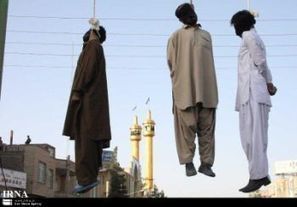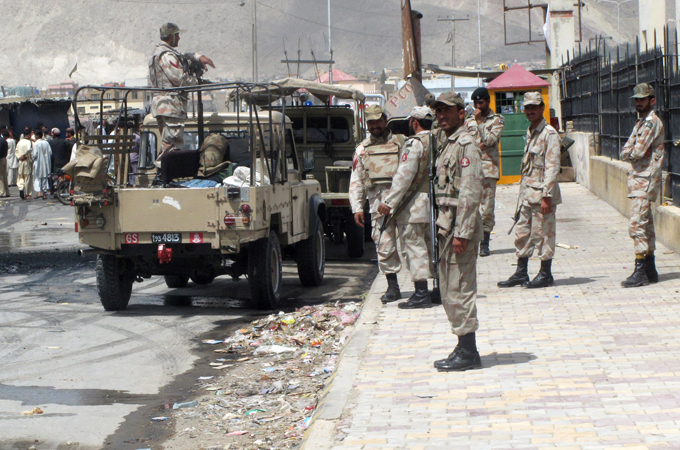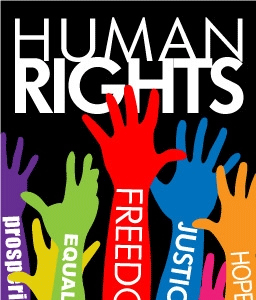 Republican Dana Rohrabacher, chairman of the subcommittee for Europe and Eurasia of the House of Representatives, said this at a conference entitled “Global and Regional Security Challenges in South Asia: What Future for Balochistan?” organized by the Unrepresented Nations and Peoples Organization (UNPO) at the Royal Society here.
Republican Dana Rohrabacher, chairman of the subcommittee for Europe and Eurasia of the House of Representatives, said this at a conference entitled “Global and Regional Security Challenges in South Asia: What Future for Balochistan?” organized by the Unrepresented Nations and Peoples Organization (UNPO) at the Royal Society here.
Democrat Congressman Brian Higgins didn’t speak but he supported his fellow Congressman’s views and objectives of the conference.The senators were returning after leading a delegation to Uzbekistan and stopped in London especially for this conference which is likely to irritate Pakistan, as Dana Rohrabacher has repeatedly issued controversial statements about Pakistan.
He used the conference, chaired by young Baloch leader Noordin Mengal, to state that Pakistan is not an ally of the US and of those who believe in peace and alleged that the country has worked against the interests of the US. He demanded that Pakistan should be “tried for war crimes” against Baloch people and that a referendum should be held on the question of Balochistan. Dana Rohrabacher called for Pakistani officials to be “tried for war crimes”.
The speakers included the Khan of Kalat Mir Suleman Dawood, Marino Busdachin, UNPO General Secretary, Prof. Athar Hussain, London School of Economics, commentator Tarek Fatah, Burzine Waghmar, University of London, Anna Reitman, journalist, Nasser Boladai, Balochistan People’s Party, Iran, Abubakar Siddique, journalist, Prof. Joshua Castellino, Middlesex University, and Peter Tatchell, Spokesperson on human rights, Green Party, UK), Hammal Haider Baloch, and Qambar Baloch.
Marino Busdachin, General Secretary of UNPO, and Paulo Casaca, former MEP and Director of the South Asia Democratic Forum, denounced the alleged “kill and dump” policy in Balochistan.
 The Conference "Global and Regional Security Challenges in South Asia: What Future for Balochistan" took place at the Royal Society, London, on 24 February 2013. Congressman Dana Rohrabacher (R-CA) made this speech to the conference.
The Conference "Global and Regional Security Challenges in South Asia: What Future for Balochistan" took place at the Royal Society, London, on 24 February 2013. Congressman Dana Rohrabacher (R-CA) made this speech to the conference.

























